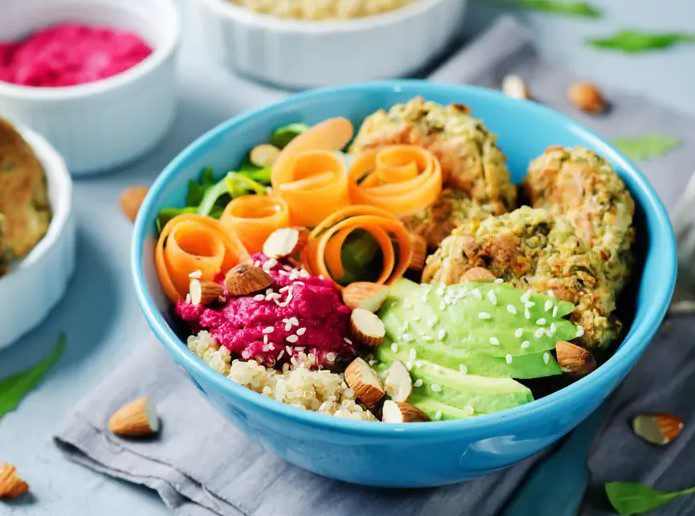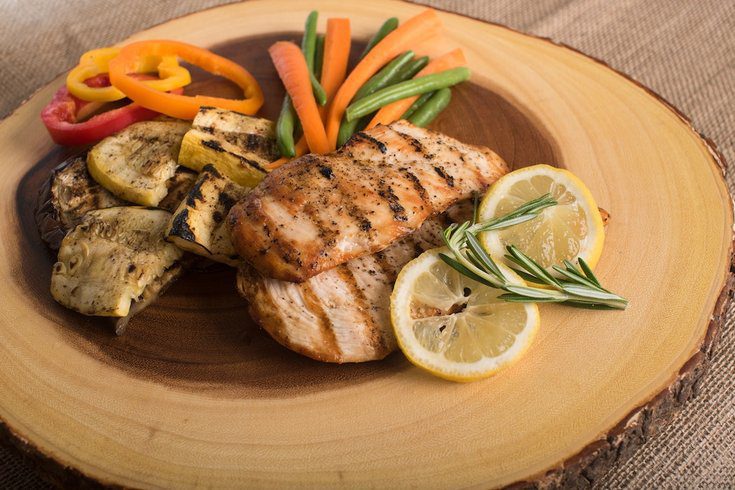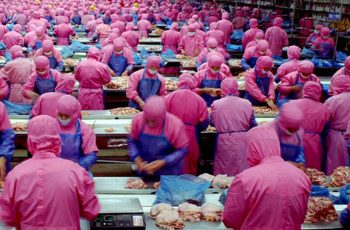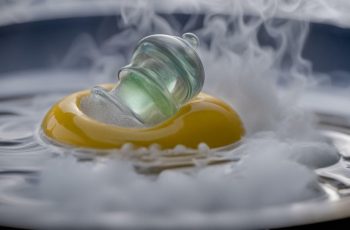
What is a Dr. Now Diet Plan?
Doctor Nowzaradan, also known as Dr. Now, is the weight loss surgeon featured in TLC’s hit series “My 600-lb Life.” In the show, Dr. Now prescribes his patients a 1,000–1,200 calorie diet plan, referred to as the Dr. Now diet, before weight loss surgery.
To be eligible for weight loss surgery, the diet aims to help patients lose weight quickly and shrink their liver while simultaneously demonstrating to Dr. Now that they can acquire good behaviors to keep the weight off in the long run.
However, if you’re trying to slim down, you might be unsure about the diet’s efficacy. The Dr. Now diet is examined to see if it is safe and beneficial for weight loss, and a three-day Dr Now diet plan is provided.
Low-calorie, high-protein diet: The Dr Now diet plan

Dr. Now advises a medically monitored 800-calorie diet in some cases but keeps the daily calorie intake at 1,000–1,200.
“1000-lb Best Friends,” “Too Large,” and the two seasons of “1000-lb Sisters” followed a similar diet to that prescribed by Dr. Procter to his patients on other hit TLC episodes. For the sake of comparison, a 2,000-calorie diet is deemed sufficient to meet the caloric and nutrient demands of the majority of people.
Three large meals and a little protein snack at night provide the 1,000-1,200 calories needed to maintain a healthy weight. Around 30 percent of the calories allowed in each meal come from protein. Increasing the amount of protein consumed on a low-calorie diet has been demonstrated to help reduce muscle loss, boost metabolism, and control hunger (1).
In addition to a little quantity of fat and some veggies, the remainder of the calories come from starchy and non-starchy vegetables. You must also drink at least six 8-ounce cups of water daily as part of the diet.
Crystal Light, Zero Sugar Kool-Aid, flavored water, unsweetened, decaffeinated tea, and coffee contribute to this daily water intake goal.
Foods to eat on a diet:
- Non-starchy vegetables: Fresh veggies that aren’t high in carbohydrates include asparagus, broccoli, brussels sprouts, and cabbage.
- Starchy vegetables: Carbohydrate-rich foodstuffs like beans, peas, and squash
- Grains: Whole-grain bread and oatmeal are examples of grains.
- Lean proteins: Lean proteins include skinless chicken breasts, turkey breasts, canned tuna, pork loin chops, and sirloin and tenderloin cuts of beef.
- Dairy: Milk, yogurt, and cottage cheese are all examples of dairy products.
- Fats and oils: Small amounts of butter, canola oil, margarine, and olive oil are good fats and oils.
- Beverages: Water, decaffeinated coffee and tea, and other calorie-free beverages except for diet soda are permitted as beverages.
Foods to avoid on a diet:
- Fruits: All fruits and their juices are included in this category.
- Starchy vegetables: Sweet potatoes, corn, and white potatoes are examples of starchy vegetables.
- Grains and grain products: Breakfast cereals, rice, tortillas, and pasta are examples of grains and grain products.
- Fatty proteins: Dark chicken meat and fowl skin are rich in proteins.
- Dairy: Dairy: flavored yogurts, ice cream, and other dairy treats such as 1 percent, 2 percent, or whole-fat milk
- Highly processed foods: Fast food, pizza, potato chips, and trail mix are all examples of highly processed foods.
- Beverages: A variety of calorie-laden drinks are included in the category of beverages.
3-day sample Dr Now diet meal plan

The recommended daily calorie intake of 1,200 must be adhered to at all times.
The following foods are commonly found in a diet’s meals:
- 2–3 ounces of protein
- 1/2 cup of starchy vegetables
- 1/2 cup of nonstarchy vegetables
- One serving of fat (5 grams)
Skim milk, which provides additional protein, is permitted at breakfast, and a nightly snack of one ounce of protein is allowed. Dry heat cooking methods like broiling, grilling, or baking are best for protein dishes.
Here’s a sample three-day menu:
Day 1
- Breakfast: 2 scrambled eggs, one slice of whole-grain bread with 1 tbsp of margarine, and 1 cup of skim milk
- Lunch: 3 ounces of baked chicken and 1/2 cup of steamed green peas, and 1/2 cup of steamed broccoli with 1 tbsp of margarine
- Dinner: salad containing 3 ounces of canned tuna packed in water, 1/2 cup of white beans, and 1/2 cup of arugula, dressed with 2 tbsp of a balsamic vinaigrette
- Snack: 1 medium pickle spear rolled in 1 ounce of turkey deli meat with 1 tbsp of cream cheese
Day 2
- Breakfast: 3 turkey sausage links, 1/2 cup oatmeal with cinnamon, and 1 cup of skim milk
- Lunch: 3 ounces of pork loin, 1/2 cup of roasted butternut squash, and 1/2 cup of cauliflower
- Dinner: 3 ounces of grilled chicken, 1/2 cup of lima beans, and asparagus spears sauteed with 1 tbsp of olive oil
- Snack: 1/2 cup of low-fat cottage cheese
Day 3
- Breakfast: 6 ounces of Greek yogurt, one slice of whole-grain toast with 1 tbsp of margarine, and 1 cup of skim milk
- Lunch: 3 ounces of ground beef with 1 cup of green peas and carrots
- Dinner: 3 ounces of tilapia and 1 cup of roasted broccoli, cauliflower, sugar snap peas, and mushrooms drizzled in 1 tbsp of olive oil
- Snack: 1 medium pickle spear rolled in 1 ounce of ham deli meat with 1 tbsp of cream cheese
Benefits
The Dr. Now diet’s key selling point is its ability to help people lose weight quickly. Besides its low-calorie content, the weight-loss diet has no unique features. Ensure that you are eating fewer calories than your body needs to maintain regular biological functions and physical activity to lose weight.
Over a shorter amount of time, the higher the calorie deficit, the more weight you will lose. To maintain their weight, patients prescribed Dr. Now’s eating plan may require as much as 4,000 calories per day.
With such a high-calorie deficit, it’s easy to see how patients on a 1,000-1,200 calorie diet might see rapid weight reduction. The 1,000-1,200 calories that the “My 600-lb. Life” diet permits is significantly below most people’s calorie demands, even if you don’t need as many calories to maintain weight.
Downsides
The diet has various drawbacks, even though it is helpful for quick weight loss. Long-term compliance is challenging despite the diet’s rigor and probable adverse effects. Even if the diet works for weight loss, it’s ineffective if you can’t stick with it for a lengthy period.
Dr. Now’s low-calorie diet has several common adverse effects, including:
- constant hunger
- low energy
- low sex drive
- irritability
- poor sleep quality
- constipation
- headaches
- dizziness
- hair thinning
- amenorrhea
- cold intolerance
There are minor but significant consequences for your work or school performance and your relationships with family and friends due to these side effects.
Dietary deficiencies in vitamins and minerals such as magnesium and vitamin D are also possible with the Dr. Now way of eating. While short-term vitamin deficiencies are unlikely to pose any immediate health dangers, if the diet is followed for several weeks or months, it may cause health issues.
The Bottom Line
Weight loss surgery patients on the Dr Now diet plan should expect to lose between 1,000 and 1,200 calories daily. However, even while the diet is beneficial in reducing weight, its rigidity and potential adverse effects, such as low energy, decreased sex drive, and irritability, make it difficult to follow in the long run.
Maintaining healthy lifestyle habits such as eating more fruits and vegetables, prioritizing sleep, and being physically active is a superior option for weight loss.




